Here are fascinating facts about Rabindranath Tagore, the literary giant, philosopher, and polymath who reshaped Bengali literature and Indian culture:
Rabindranath Tagore, the name evokes a sense of poetry, music, spirituality, and intellectual brilliance. He was more than a literary genius—Tagore was a philosopher, educator, painter, and nationalist who reshaped Indian thought and art in the late 19th and early 20th centuries. As the first Asian to win the Nobel Prize in Literature in 1913, Tagore gave the world a taste of India’s intellectual and spiritual richness. His life and works continue to inspire generations across the globe.
Early Life and Background
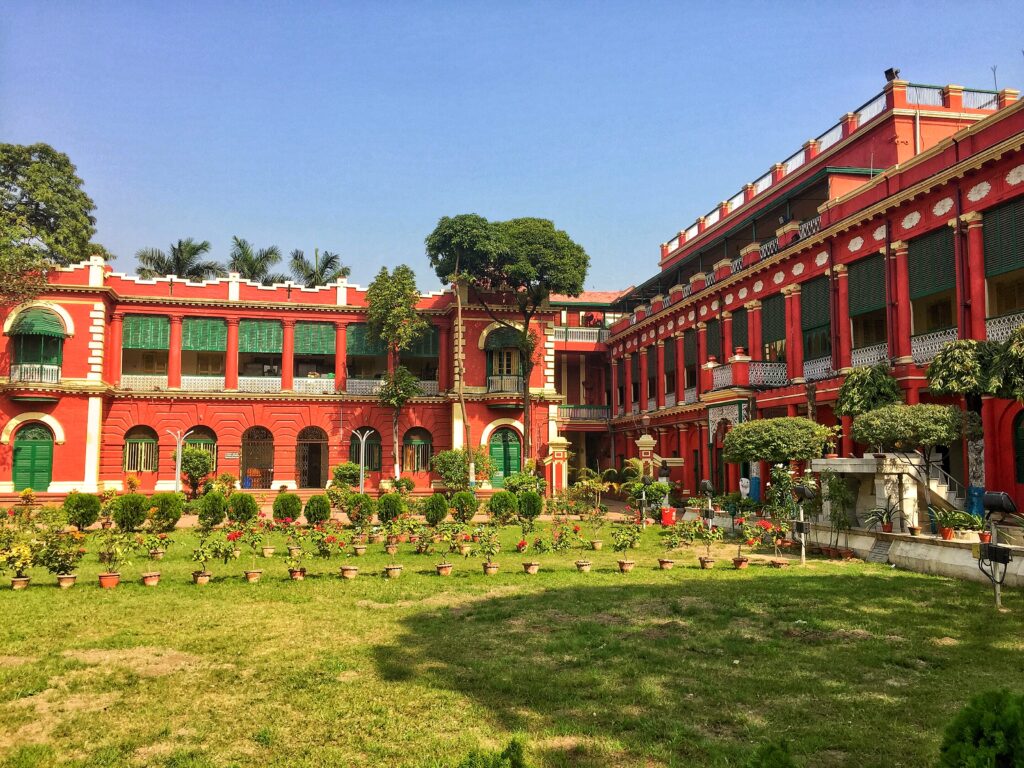
Rabindranath Tagore was born on May 7, 1861, in Jorasanko Thakur Bari, a prominent mansion in Kolkata (then Calcutta), into an aristocratic and culturally rich Brahmo family. He was the youngest of 13 children of Debendranath Tagore, a leading figure in the Brahmo Samaj, and Sarada Devi.
From a young age, Tagore was exposed to literature, music, and art. His home was a hub for intellectual discussions, religious reform, and artistic experimentation. Though he was sent to England in 1878 to study law, he returned without completing a degree. However, this brief stay in England and exposure to Western literature influenced his worldview and writing style.
A Literary Genius
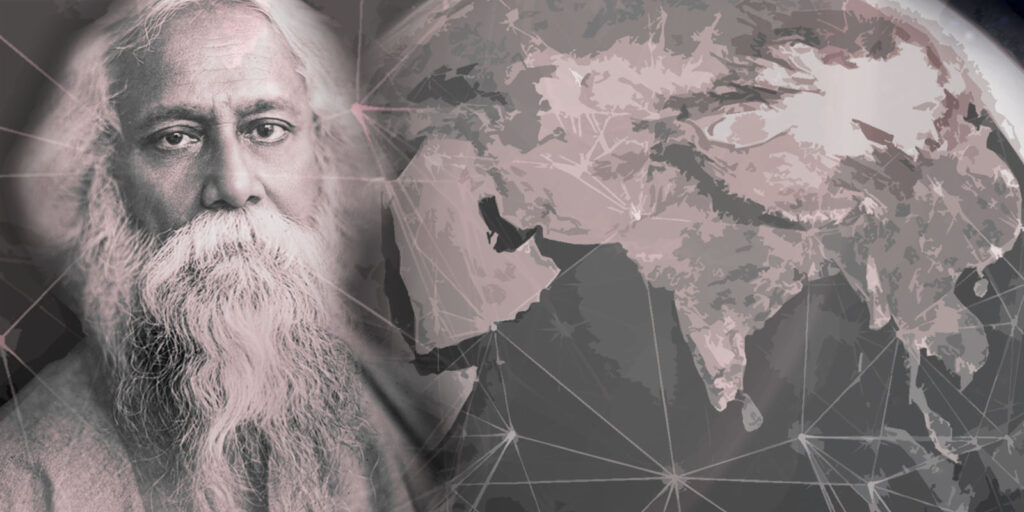
Rabindranath Tagore’s literary career spanned over six decades, during which he produced an astonishing body of work in Bengali and English. His creations include poems, novels, short stories, essays, dramas, songs, and letters. Tagore’s writing explored human emotions, social issues, nationalism, nature, love, and spirituality.
Poetry
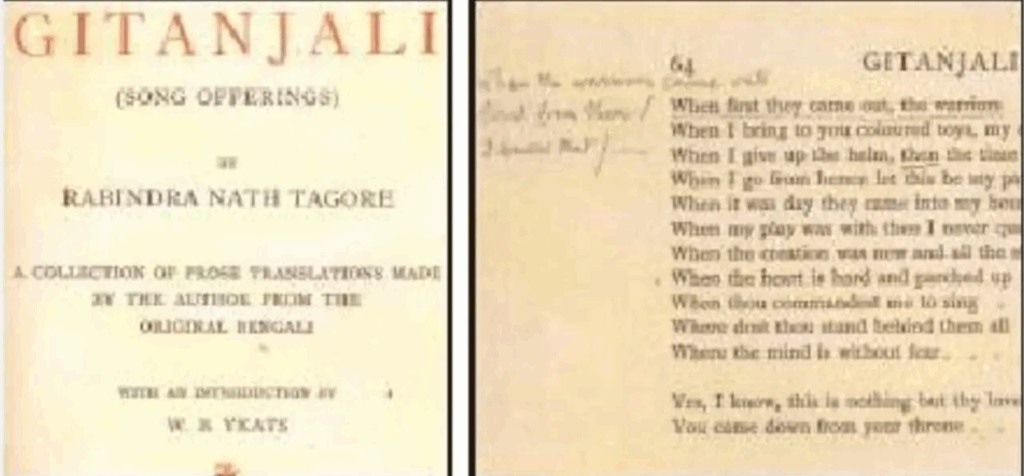
Tagore’s poetry is what first brought him international recognition. His collection “Gitanjali” (“Song Offerings”) won him the Nobel Prize in Literature in 1913. These poems, translated from Bengali to English by Tagore himself, reveal a deep spiritual yearning, reverence for nature, and an intimate relationship with the divine. The Nobel Committee praised the “profoundly sensitive, fresh and beautiful verse” of Gitanjali.
Some of his other poetic works include:
- Sonar Tari (The Golden Boat)
- Manasi
- Balaka
- Kalpana
Short Stories and Novels
Tagore is often considered the father of the Bengali short story. His stories combined subtle psychology with keen social observation. Notable stories include:
- Kabuliwala
- The Postmaster
- The Homecoming
- Atithi
His novels, though fewer in number, are equally impactful. Works like:
- Gora – explores identity, nationalism, and religious reform.
- Ghare-Baire (The Home and the World) – examines patriotism and personal freedom.
- Chokher Bali – portrays the complex emotions of a widow in Bengali society.
Dramas and Essays
Tagore also wrote several plays, such as Chitra, Dak Ghar (The Post Office), and Raktakarabi (Red Oleanders). His essays delve into politics, education, nationalism, and philosophy, offering insight into his deeply humanitarian and progressive mindset.
Rabindra Sangeet: Music as a Medium of Expression
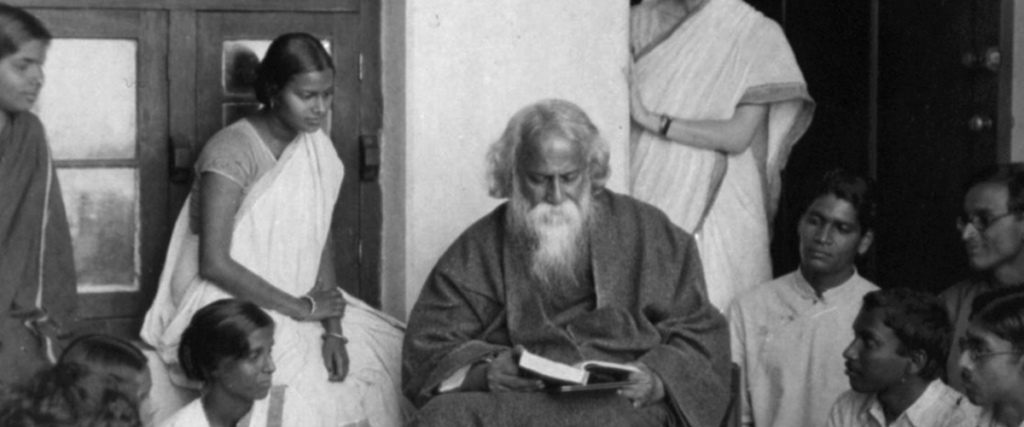
Tagore composed over 2,000 songs, now collectively known as Rabindra Sangeet. These songs blend classical Indian music with folk traditions and Western melodies, creating a genre that remains unique and timeless.
He composed the national anthems of two countries:
- India – Jana Gana Mana
- Bangladesh – Amar Shonar Bangla
His songs reflect every human emotion—joy, sorrow, love, devotion—and continue to be an integral part of Bengali culture.
Philosophy and Spiritual Vision
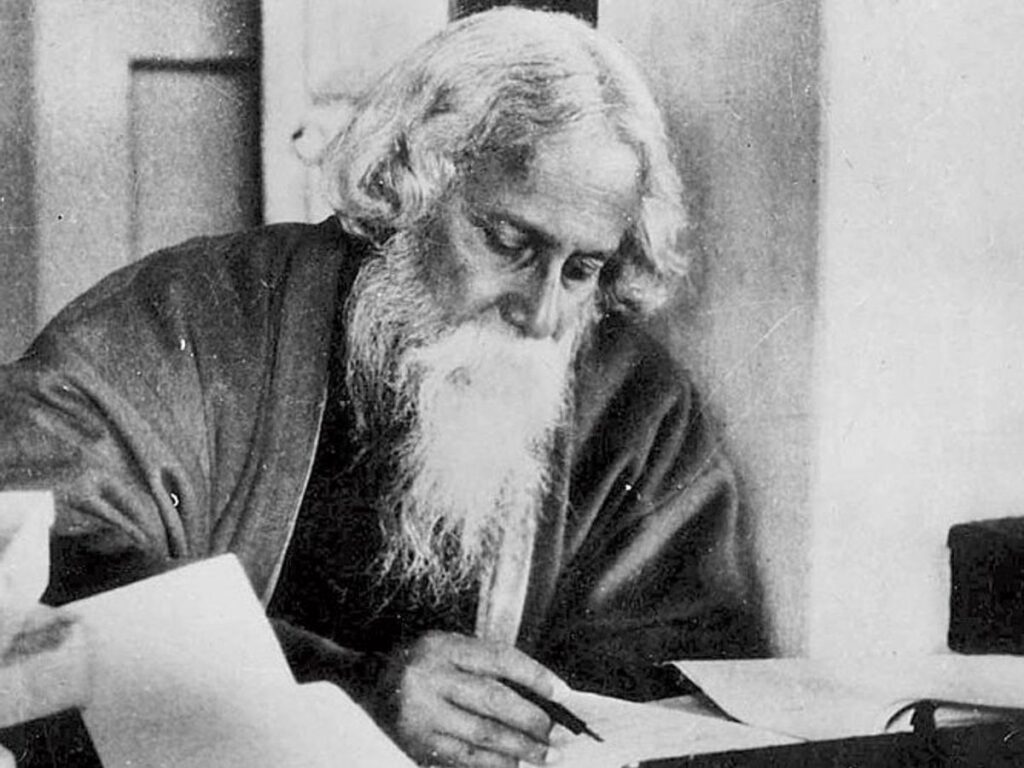
Tagore’s philosophy was rooted in humanism, universalism, and the harmony between man and nature. He believed that true spirituality was not bound by religious rituals but expressed through love, compassion, and unity.
He rejected both narrow nationalism and blind Westernization, advocating instead for a balance between tradition and modernity. In his essay “Nationalism”, Tagore warned against aggressive patriotism and stressed the need for international cooperation and peace.
He once said:
“I will not buy glass for the price of diamonds, and I will never allow patriotism to triumph over humanity.”
An Educator and Institution Builder

One of Tagore’s most enduring legacies is the founding of Visva-Bharati University at Santiniketan in 1921. His goal was to create a place where learning would be holistic, integrating art, culture, nature, and intellect.
He opposed rote learning and rigid examinations. Instead, he believed in:
- Learning in the open air
- Encouraging curiosity and creativity
- Connecting with nature and society
- Promoting international understanding
Visva-Bharati attracted scholars from across the world and became a center for cross-cultural learning. Even today, it stands as a symbol of Tagore’s vision of global education.
Tagore and Indian Nationalism
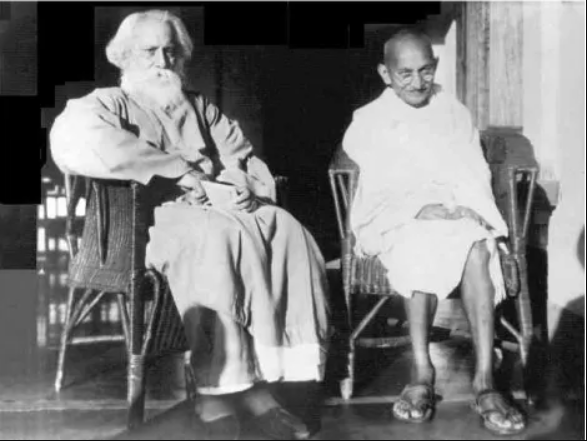
Though not a conventional political leader, Tagore played a significant role in India’s freedom movement. He supported the Swadeshi Movement, returned his knighthood after the Jallianwala Bagh massacre in 1919, and frequently wrote about freedom, justice, and self-dignity.
His relationship with Mahatma Gandhi was built on mutual respect. Gandhi called him the “Great Sentinel”, and Tagore referred to Gandhi as “Mahatma” for the first time. Though they had differing views—especially on nationalism and industrialization—they shared a deep commitment to India’s moral and spiritual upliftment.
Tagore as an Artist and Painter
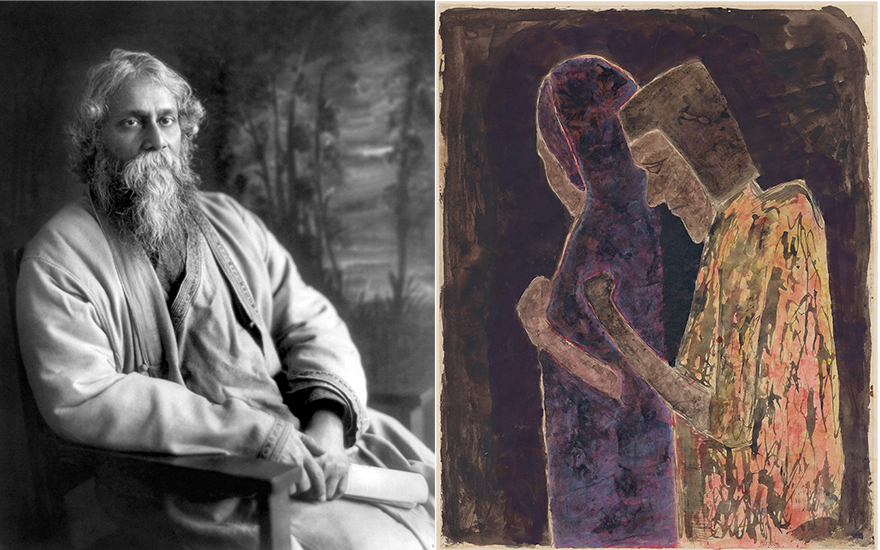
In his later years, Tagore turned to painting, producing over 2,000 artworks. His style was unconventional and experimental, often abstract and symbolic. Despite having no formal training, his paintings were exhibited across Europe and gained acclaim.
This foray into visual arts reflected his ever-evolving creativity and belief in self-expression across all mediums.
Global Impact and Legacy
Rabindranath Tagore was not just an Indian icon—he was a global citizen. He traveled extensively to Europe, the Americas, East Asia, and the Middle East, engaging with leading intellectuals and artists like Albert Einstein, W.B. Yeats, George Bernard Shaw, and Romain Rolland.
Tagore’s thoughts on human unity, education, freedom, and spirituality found resonance worldwide. His works have been translated into dozens of languages and continue to influence thinkers and creators.
He received numerous honors, including:
- Nobel Prize in Literature (1913)
- Knighthood (which he renounced)
- Honorary degrees from global universities
Death and Immortality
Rabindranath Tagore passed away on August 7, 1941, in the same house where he was born. But his influence did not die with him. Through his poetry, songs, essays, and institutions, Tagore remains a living presence in Indian and world culture.

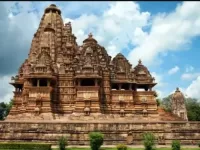

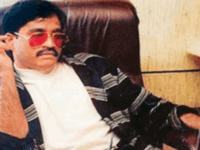


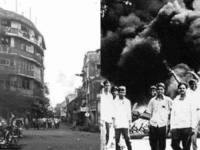







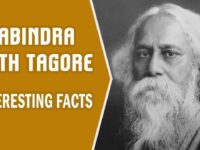
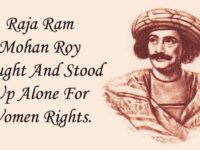





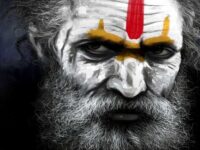


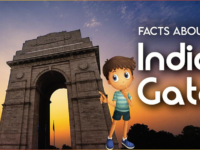




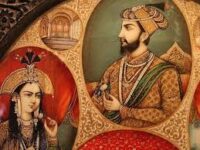
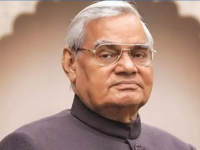









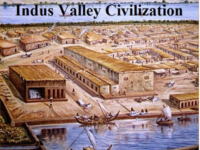















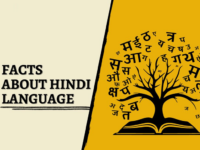












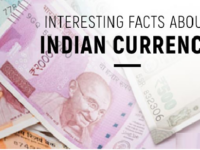
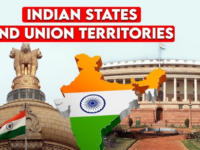


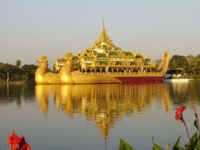




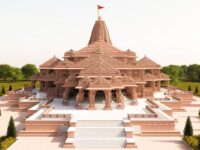






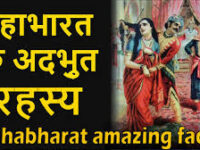

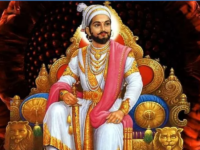














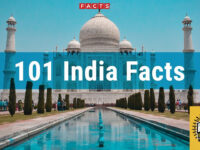
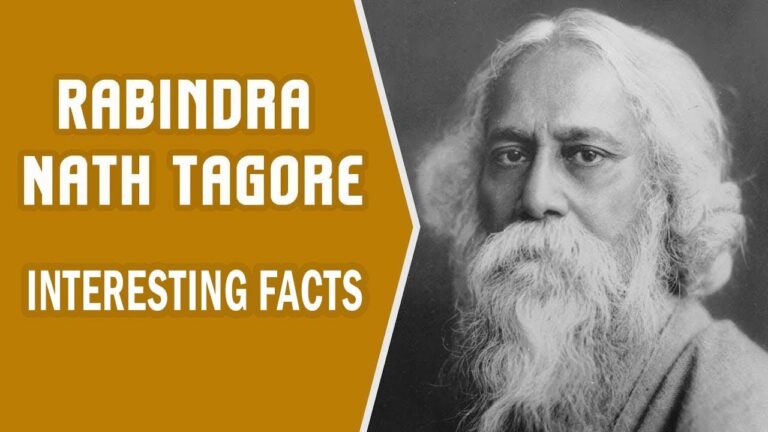
0 Comments